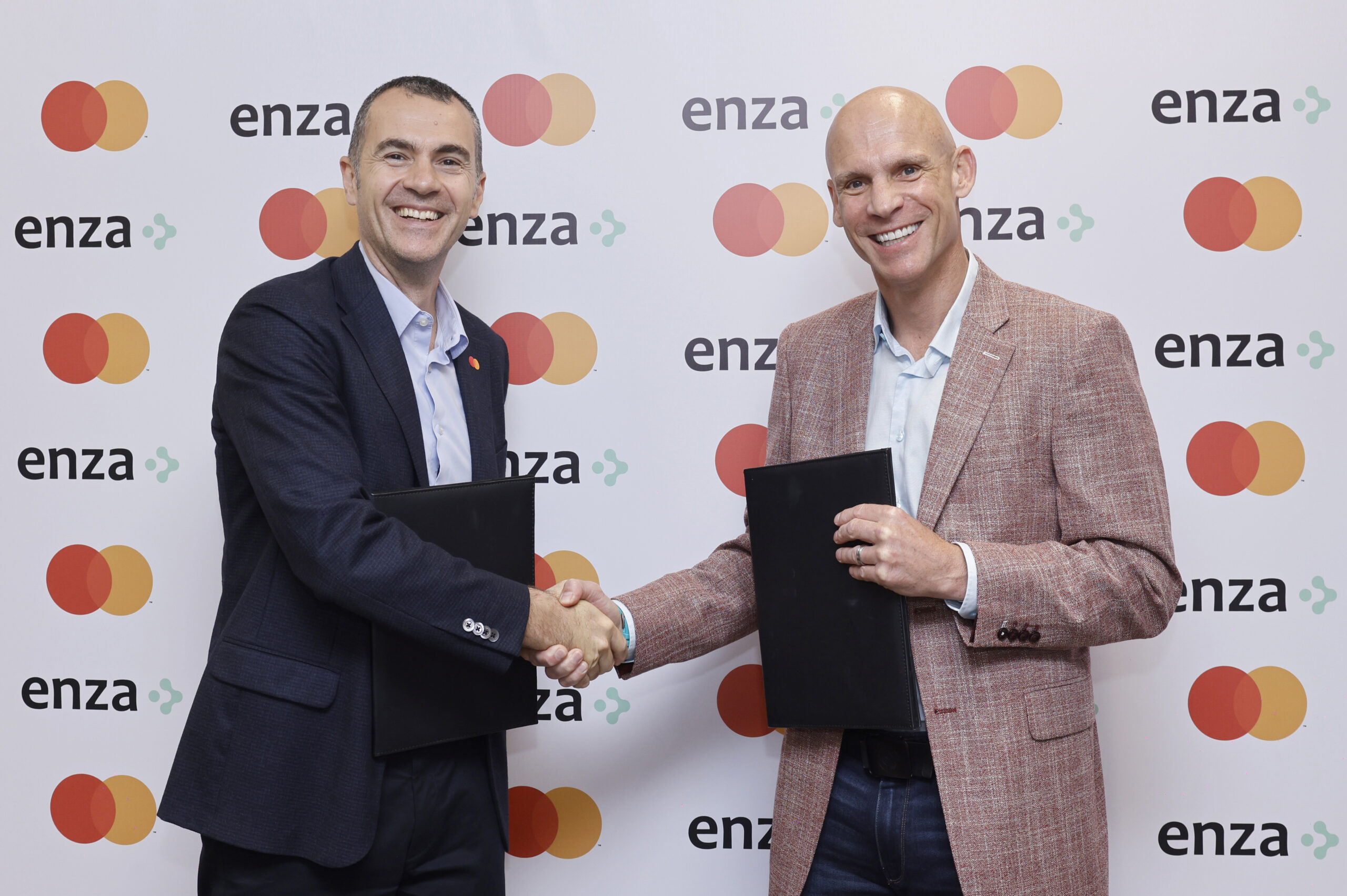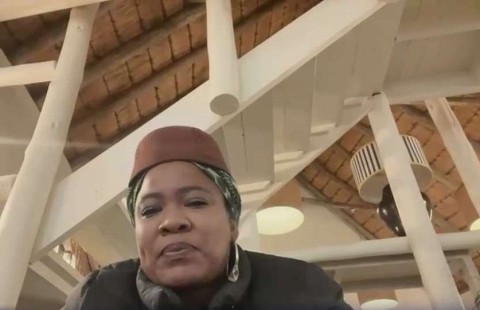Africa is moving quickly toward a digital financial future, and new findings suggest the continent’s digital payment sector could grow to $1.5 trillion by the year 2030. This projection was made in a report supported by Mastercard and prepared by Genesis Analytics.
The report explains that this growth is driven by increased internet access, better financial inclusion, and the rising need for secure and reliable digital services. These changes are opening up new possibilities for people and businesses across Africa.
To support this shift, Mastercard is investing heavily in Africa’s digital economy. Their focus is on improving fintech infrastructure, helping small businesses grow, and making cross-border payments easier and more reliable.
One key area of Mastercard’s strategy is supporting micro, small, and medium-sized businesses (MSMEs). These businesses make up 96% of companies in Nigeria and nearly half of Africa’s total economic output. Helping them thrive is essential to the continent’s economic growth.
Mastercard has introduced tools like Tap on Phone and SME-in-a-Box to help small businesses accept digital payments and gain access to funding. They’re also offering free educational programs such as The Entrepreneur’s Odyssey to guide business owners on sustainable growth.
Their broader efforts include working with others to connect more people to digital services. For example, Mastercard and the African Development Bank Group created the Mobilizing Access to the Digital Economy (MADE) Alliance: Africa, aiming to bring 100 million people and businesses online within 10 years. Of those, 15 million are expected to be reached through Mastercard’s Community Pass, which brings technology and access to underserved areas.
The company is also committed to helping women entrepreneurs. Globally, Mastercard has pledged to bring 50 million MSMEs, including 25 million women-led businesses, into the digital economy by 2025. One way they’re doing this is through the Start Path program, which supports startups with innovative ideas for small businesses. Since launching, the program has worked with over 480 startups worldwide, offering access to technology and business support.
Africa’s fintech scene is growing fast. Nearly half of the region’s fintech companies were created in just the last six years. Since 2000, these startups have raised more than \$6 billion in equity. Mastercard is helping speed up their progress with programs like Product Express, which simplifies the process of starting a card program.
The company is also bringing new technologies into Africa’s financial systems. These include biometric ID, artificial intelligence (AI), open banking, and cybersecurity tools. Mastercard uses services like Brighterion’s AI to detect fraud and the Mastercard Trust Center to protect digital transactions.
Another key area is cross-border payments. In 2023, Africa received close to \$100 billion in remittances—about 6% of the continent’s GDP. Mastercard’s Cross-Border Services platform allows people to send and receive money through bank accounts, cards, mobile wallets, or even cash pickups across borders.
To support this, Mastercard is forming partnerships with African banks like Access Bank and Fidelity Bank. These collaborations are expanding access to global payments and helping African communities connect with their relatives abroad or do business internationally.
Mastercard says its mission in Africa is long-term. The company has been working with both public and private partners to create inclusive financial systems. Whether it’s launching payment tools or building national infrastructure, their focus is on helping Africa grow.
As the continent continues to lead in mobile money and digital innovations, Mastercard says it is dedicated to building a fair, sustainable, and connected economy that benefits future generations.









